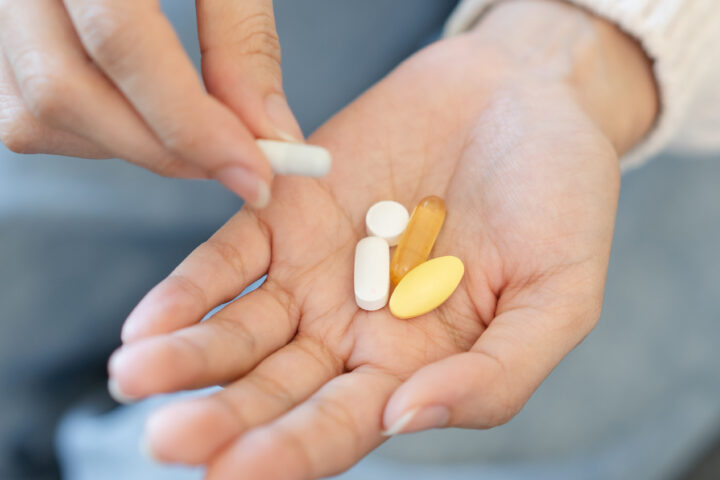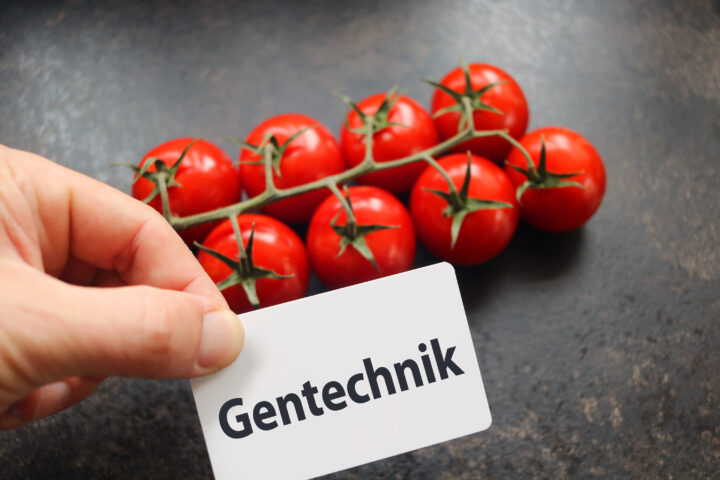
Tomatoes with high amino acid content
Gene-edited tomatoes have recently become available on the market in Japan. The tomatoes represent an innovation. They were modified using the CRISPR/Cas9 precision breeding technique to improve their characteristics, including higher production of amino acids.
Monday, October 4, 2021
Japanese company Sanatech Seed has introduced a red Sicilian tomato variety on the market. As “RTS” reports, this represents the first food bred using CRISPR/Cas9 that has been approved for sale. The new, very healthy tomatoes have an especially high content of the amino acid GABA (gamma amino butter acid). This neurotransmitter plays a key role in many central nervous functions, and it may help, for example, improve well-being, reduce stress, lower blood pressure and improve sleep quality.
A fine scalpel rather than a heavy hammer
CRISPR/Cas9 involves precision breeding that makes it possible to cut the genome of a plant more precisely than ever before. The two scientists who discovered the method were awarded the Nobel Prize in 2020. Standard mutagenesis, which is also used in organic breeding, has been allowed for decades. This involves the use of radioactive or chemical treatment to alter the genome in an non-targeted manner. The resulting plants have nothing “unnatural” in them. The same is true for precision breeding applications. The advantage of the latter method is that it is a targeted process. While traditional mutagenesis can be likened to a sledgehammer, CRISPR is a scalpel. And there is no difference between foods modified this way and those developed using traditional breeding or natural mutations. For this reason, in many countries – including Japan – gene-edited plants are not classified as GMO (genetically modified organisms).
Sources
Related articles

Residue is not the same as residue
Painkillers like Voltaren are a blessing for us – yet in our rivers they can harm fish. If these were crop protection products, calls for bans would be immediate. It becomes clear that we are applying double standards.

ARTE documentary: Genetic engineering in organic farming?
The ARTE documentary “Genetic engineering in organic farming?” examines key controversial questions of modern agriculture: Is the general exclusion of new breeding technologies still up to date? Can the resistance of organic farming be justified scientifically?

The Great Suffering of Farmers
Fire blight, Japanese beetles, or grapevine yellows – farmers in Valais, too, are increasingly feeling helpless in the face of the threats posed by nature. More and more often, they lack the means to effectively protect their crops. This makes it all the more important for the Federal Council to place a pragmatic balancing of interests at the forefront when setting threshold values.

'Tomatoes on your eyes'
The submitted “Food Protection Initiative” calls for “GMO-free food.” Leaving aside this illusory demand, its adoption would mean more bureaucracy, more trade barriers, and less innovation. The Swiss Farmers’ Union describes the proposal as “unnecessary” and warns of a setback to the goal of achieving an even more sustainable agriculture.

